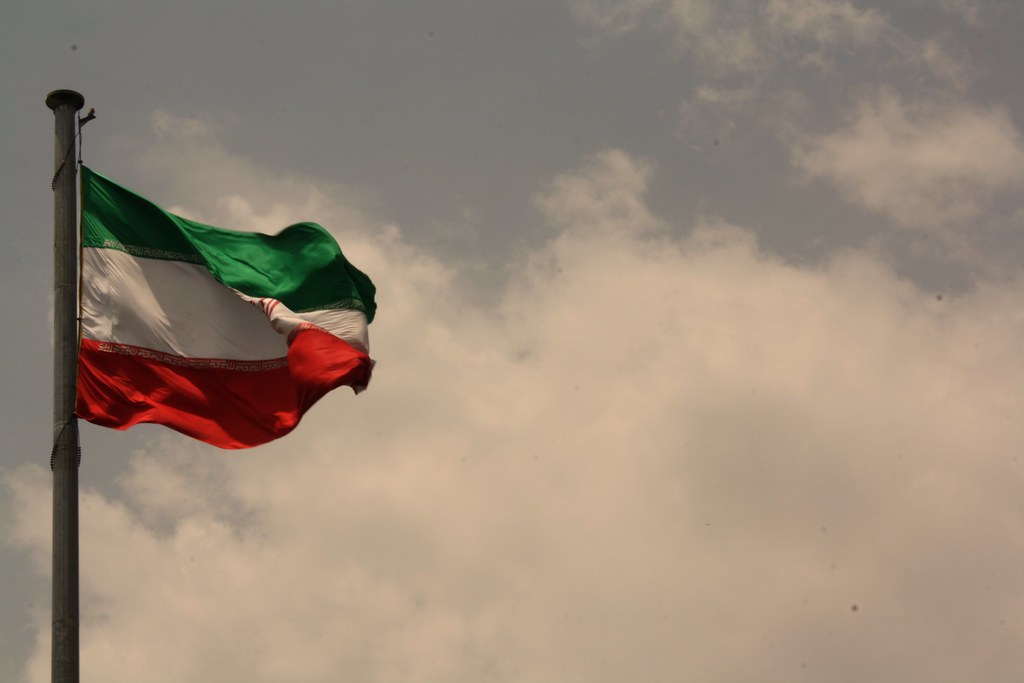
Israel’s defense minister declared that “Tehran will burn” if Iran continues retaliatory strikes on the Israeli homefront. This statement comes amid escalating fears of a prolonged and destabilizing conflict between the two longtime regional adversaries.
Renewed Missile Exchanges and Airstrikes
On June 14, both Iran and Israel continued exchanging missile and airstrikes following Israel’s sweeping offensive targeting Iranian commanders, nuclear scientists, and facilities. The attacks aim to halt Iran’s progress toward developing nuclear weapons. Iran’s state television reported “heavy and destructive” attacks against Israel unfolding late in the evening.
Israeli Prime Minister Benjamin Netanyahu, speaking from an undisclosed location, vowed to strike every target linked to Iran’s leadership, warning that what they had felt so far was “nothing compared with what they will be handed in the coming days.”
Iranian strikes reportedly killed around 60 people, including 20 children, targeting housing complexes. Israel claimed to have hit more than 150 targets. Air raid sirens forced Israeli civilians into shelters as missiles flew overhead; at least three Israelis were killed. Iranian forces reportedly launched some 200 ballistic missiles in multiple waves.
Despite significant U.S. assistance intercepting missiles, some projectiles struck residential areas. Israeli Defense Minister Israel Katz warned Iran’s Supreme Leader Ali Khamenei that continued attacks on Israeli territory would provoke devastating consequences.
U.S. and Global Responses
President Donald Trump praised Israel’s strikes and warned of harsher measures unless Iran agrees to sharply reduce its nuclear ambitions in ongoing talks. Israel cautioned that its military operation could last weeks, urging Iranian citizens to oppose their regime.
Global tensions rose as Britain deployed additional military assets to the region. Iran threatened that allies assisting in missile interceptions could face attacks on their bases. Iraq requested U.S. intervention to prevent Israeli violations of Iraqi airspace in attacks targeting Iran.
Iran’s allied groups, such as Yemen’s Houthi rebels, have launched attacks on Israel but with limited impact. Meanwhile, the prolonged conflicts in Gaza and Lebanon have severely weakened Iran’s key proxies Hamas and Hezbollah, restricting Tehran’s regional reach and options for retaliation.
Economic and Energy Consequences
Oil prices surged amid instability. Iranian nuclear sites suffered heavy damage, including critical facilities at Esfahan and Natanz. Gas production at Iran’s massive South Pars field was partially halted following Israeli strikes.
Israel frames the offensive as necessary to prevent Iran’s race to nuclear weapons, despite U.S. intelligence assessments that nuclear armament is still years away. The International Atomic Energy Agency confirmed damage to key nuclear buildings but detected no radiation leaks.
Iran denies seeking nuclear arms, insisting its program is peaceful, but has repeatedly obstructed inspections and violated treaty obligations. Diplomatic efforts between Iran and the U.S. have stalled, with recent talks canceled amid accusations that Israeli attacks undermine dialogue.
What The Author Thinks
The escalating conflict between Israel and Iran is a powder keg that threatens regional stability and global security. While Israel’s concerns over Iran’s nuclear ambitions are legitimate, the devastating toll on civilians and the risk of a wider war demand utmost restraint. Military strikes may delay Iran’s nuclear progress, but without diplomatic breakthroughs, the cycle of retaliation will only intensify. It is critical that all parties prioritize dialogue and measured responses over escalation to avoid catastrophic consequences for the Middle East and beyond.
Featured image credit: Blondinrikard Fröberg via Flickr
For more stories like it, click the +Follow button at the top of this page to follow us.
